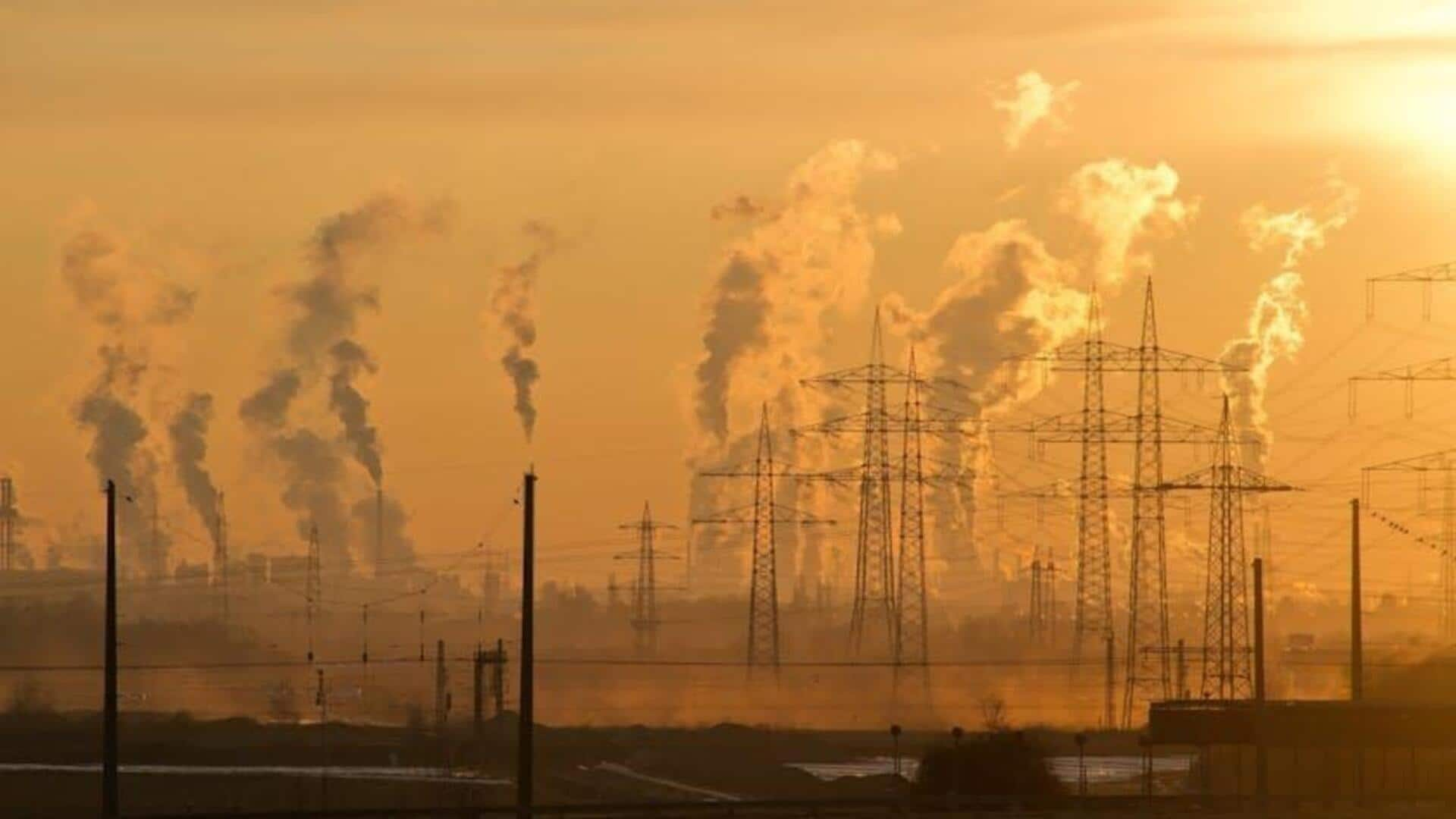
World's richest 10% responsible for majority of global warming: Study
What's the story
A recent study has found that the world's richest 10% are responsible for nearly two-thirds of global warming since 1990. The research, published in the journal Nature Climate Change, is the first to quantify how concentrated private wealth drives extreme climate events. It reveals a stark connection between high-income consumption and investment patterns and a higher risk of extreme heatwaves and droughts.
Climate accountability
Wealthiest individuals' carbon footprints linked to climate impacts
Lead researcher Sarah Schoengart from ETH Zurich said, "We link the carbon footprints of the wealthiest individuals directly to real-world climate impacts." She noted that this research marks a move from carbon accounting to climate accountability. The study found that the top 1% contributed much more than average to extreme weather events, such as heatwaves and droughts.
Carbon pollution
Emissions from wealthiest 10% in China, US
The study found that emissions from the richest 10% in both China and the United States—together responsible for nearly half of global carbon pollution—led to a two-to-threefold increase in heat extremes. This increase is mainly due to fossil fuel combustion and deforestation, which have increased Earth's average surface temperature by about 1.3°C over the last three decades.
Investment impact
Emissions from financial investments also significant
The research team combined economic data with climate simulations to trace emissions from different global income groups and assess their impact on specific types of climate-enhanced extreme weather. They found that emissions embedded in financial investments are also significant. Senior author Carl-Friedrich Schleussner stressed the importance of holding capital owners accountable for climate impacts through progressive taxes on wealth and carbon-intensive investments.
Taxation
Taxing asset-related emissions more equitable than broad carbon taxes
Previous studies have shown that taxing asset-related emissions is fairer than blanket carbon taxes, which tend to hit lower-income people harder. Although there have been recent attempts to hike taxes on billionaires and multinationals, progress has been sluggish. In 2024, Brazil suggested a 2% tax on the net worth of those with over $1 billion in assets during its G20 presidency. But nothing has been done since then.